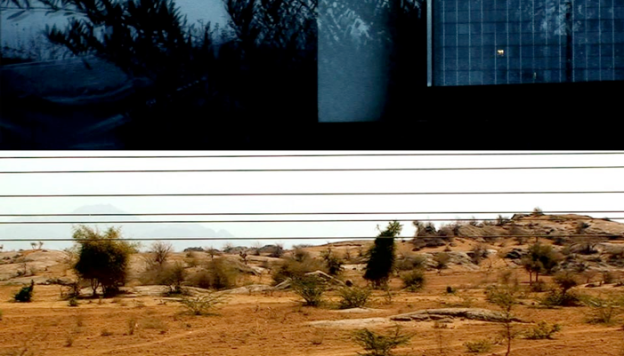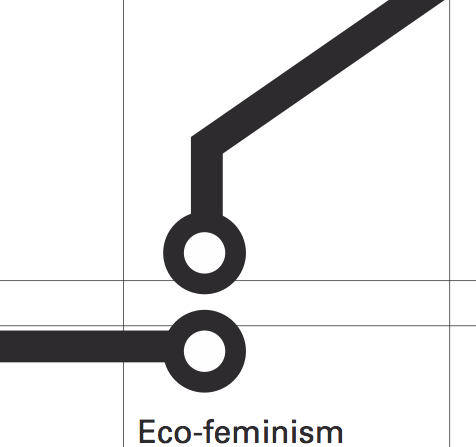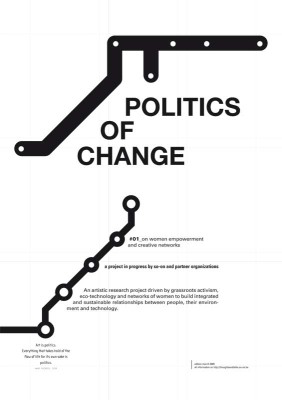In MAHILA, the filmmaker steps between different worlds, going from West to East, from urban to rural surroundings. Her encounters with the experiences and observations of rural Indian women provoke reflection on the process of empowerment. In an artistic ethnography we see and hear how they are using education, technology and politics to redefine their destinies. As we trace the filmmaker’s memories we are taken into questions about story-telling. How are the women fighting to get their stories heard? Can the filmmaker tell other women’s stories?
A film about grassroots activism, eco-technology and networks of women.
A film about the Barefoot Solar Engineers.
Mahila/Women – 26:00
Summer 2006, a few months after I met Mr. Vasu Srinivasan at the Luminous Green Symposium organised by foAM, I decided to develop a project on the Women Engineers of the Barefoot College and the Women of Tilonia.
Diving into the matter, I quickly made up that a documentary movie had to become the central issue in the project. My interest for the women Solar Engineers and the Mahila Samiti women of Tilonia comes out of a personal involvement that links art, women empowerment, ecology, technology and social engagement.
Introduced to the Barefoot College project, I was struck by certain similarities between my own relatively protected work environment and the specificities of the trainings/workshops in Rajasthan.
Brussels
Okno, a Brussels-based artist-run organisation for media, art and technology, focuses on social art and community-based technological research projects. To be more specific: current projects research the implementation of sustainable energies as solar/photovoltaic and wind energy in community-based city- and meshnetworks and public space art projects.
Belgian and international artists work together in a DIY-approach and during the decentralised workshops the sharing of knowledge is an important factor to come to valuable results.
Tilonia
The solar engineer training at Barefoot College, India has a similar structure: productivity results from collective work; the learning environment is open and decentralised and knowledge is passed on in a bottom-up and hands-on way.
From start on, the decision to step into the solar project is community-based. The village selects and delegates its future women engineers for a 6 months training, and every village family engages itself to pay its share in the remuneration of the engineers to set up and maintain the village solar system. January 2008 I went a first time to Barefoot College to meet and interview the solar engineers. There I discovered that the solar workshops are only a very small part in a much bigger story concerning the empowerment of the women in question.















